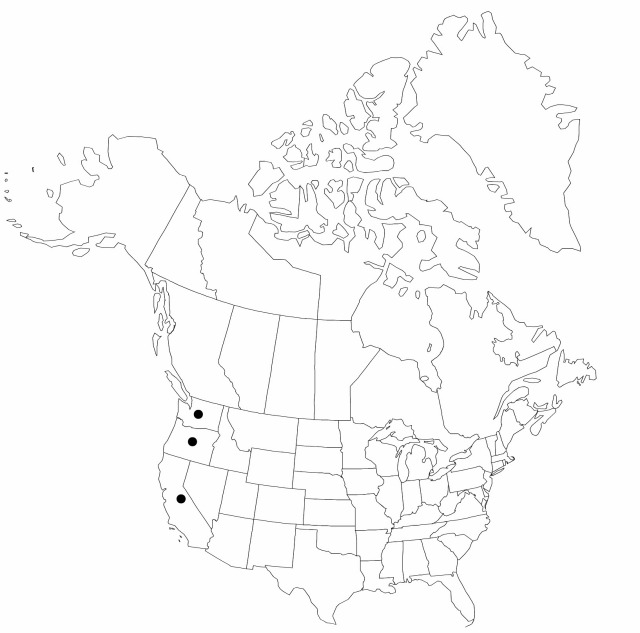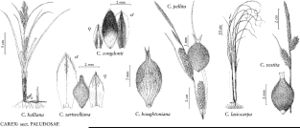Difference between revisions of "Carex halliana"
Bot. Gaz. 9: 117. 1884.
FNA>Volume Importer |
imported>Volume Importer |
||
| Line 6: | Line 6: | ||
|place=9: 117. 1884 | |place=9: 117. 1884 | ||
|year=1884 | |year=1884 | ||
| + | }} | ||
| + | |special_status={{Treatment/ID/Special_status | ||
| + | |code=F | ||
| + | |label=Illustrated | ||
| + | }}{{Treatment/ID/Special_status | ||
| + | |code=E | ||
| + | |label=Endemic | ||
}} | }} | ||
|basionyms= | |basionyms= | ||
| Line 48: | Line 55: | ||
|publication title=Bot. Gaz. | |publication title=Bot. Gaz. | ||
|publication year=1884 | |publication year=1884 | ||
| − | |special status= | + | |special status=Illustrated;Endemic |
| − | |source xml=https:// | + | |source xml=https://bibilujan@bitbucket.org/aafc-mbb/fna-data-curation.git/src/bb6b7e3a7de7d3b7888a1ad48c7fd8f5c722d8d6/coarse_grained_fna_xml/V23/V23_920.xml |
|genus=Carex | |genus=Carex | ||
|section=Carex sect. Paludosae | |section=Carex sect. Paludosae | ||
Revision as of 21:39, 27 May 2020
Plants colonial; rhizomes long-creeping. Culms central, trigonous, 10–40(–50) cm, smooth, base with remains of previous year’s leaves. Leaves: basal sheaths straw colored to dark brown, the youngest tinged reddish purple, apex of inner band glabrous; ligules 0.8-1.6 mm; blades M-shaped distally, channeled proximally; 2–5.5 mm wide, glabrous. Inflorescences 8–25 cm; peduncle of terminal spike 0.7–3 cm; proximal 2–4 spikes pistillate or, sometimes, androgynous, erect; terminal 1–3 spikes staminate. Pistillate scales ovate, apex otuse to acute, glabrous or scabrous-margined apically. Perigynia ascending, 12–20-veined, ovoid, 3.5–5.5 × 1.6–2.2 mm, pubescent; beak hyaline, 1.2–1.7 mm, ciliate, bidentulate, teeth straight, 0.2–0.6 mm.
Phenology: Fruiting Jun–Sep.
Habitat: Dry, sandy, gravelly or rocky meadows, shores, other open habitats
Elevation: 1400–2000 m
Distribution

Calif., Oreg., Wash.
Discussion
Selected References
None.
